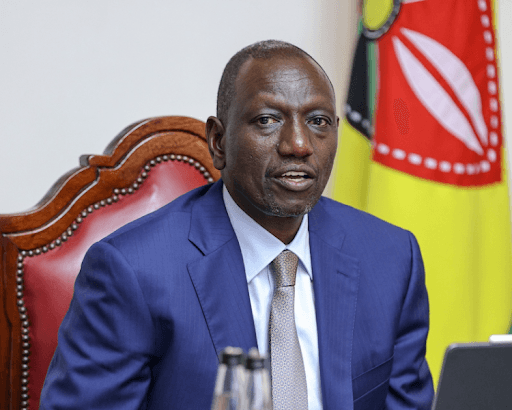A new rice farming method that increases productivity by almost double has been introduced at the Mwea Irrigation Scheme.
The Water Saving Rice Culture was first introduced to a few farmers at Karaba on a trial basis in 2013 and the technology is set to be used in the entire scheme by 2017.
Rice harvested using this new method has risen to 26 bags per acre from 18
bags.
Data available indicates that earnings
per acre
during the main season increased from Sh84,000
to Sh92,000 per acre.
WSRC, according to a researcher
at
the scheme, entails a shift from the traditional cultural practice where farmers plant rice seedlings randomly leading to land waste and high labour costs when weeding.
“This is a technical package that aims at yield improvement and water saving and consists of five main technologies namely healthy seedling, hand levelling of land, line planting, improved weeding and intermittent irrigation,” David Njogu said.
He is the officer in charge and researcher of Rice and Market-oriented Agriculture Promotion Project.
Njogu said after land is prepared and healthy seedlings obtained, the farmer plants the crop in lines rather than the random traditional method.
"Although this method is labour intensive at the planting stage, it has many other benefits to the farmer, especially in weeding and harvesting, since two men can weed an acre in a day as opposed to seven in a randomly planted same land size," he said.
During an evaluation meeting of the technology use yesterday at a hotel in Ngurubani market, farmer Daniel Kibuchi said rice grown using the new method has more weight than the traditionally produced one.
“Previously, I would harvest 13 bags from an acre but this time round I have realised 30 bags while the weight has increased from 97kg to 115kg a bag,” he said.











